Motorsport sponsorships have evolved into a significant marketing strategy, offering brands unparalleled exposure and unique engagement opportunities. By aligning with the high-octane world of racing, companies are not only boosting their visibility but are also fostering deeper connections with consumers. The multifaceted impact of these sponsorships on businesses is evident in areas such as brand visibility, customer engagement, and financial outcomes.
Brand Visibility and Recognition
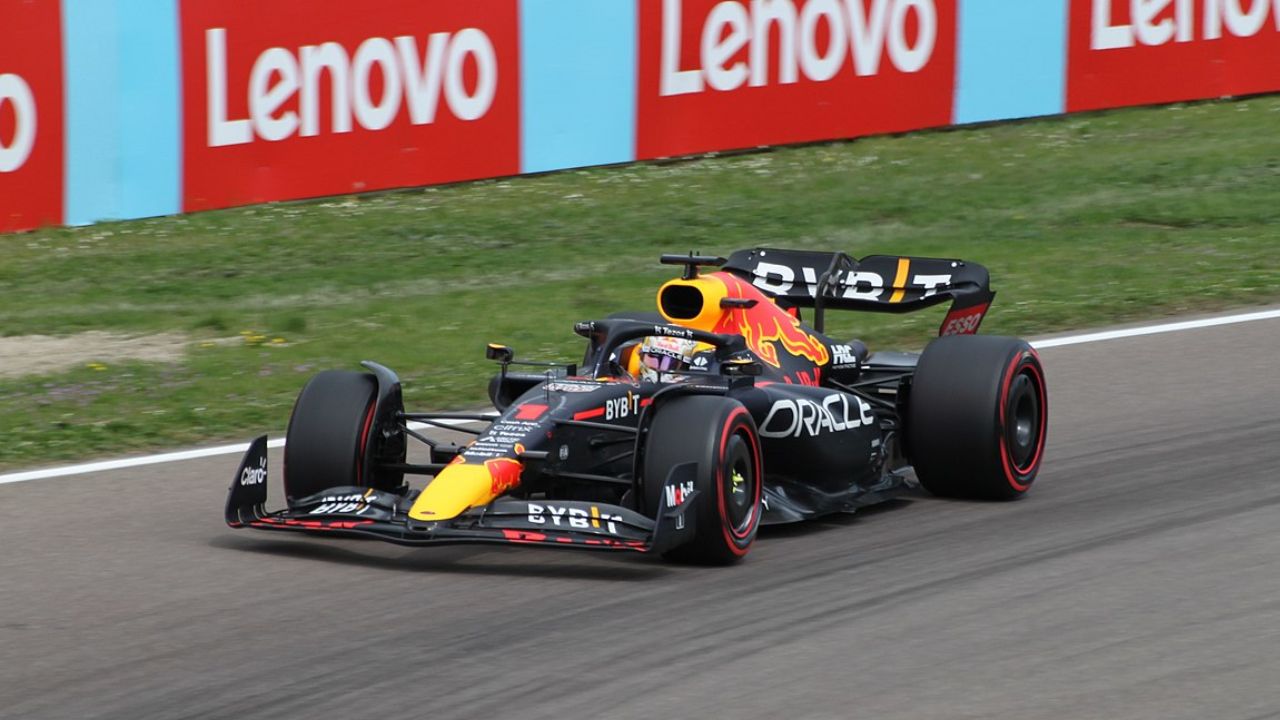
The global reach of motorsport events is unparalleled. With Formula 1 races being held in diverse locations from Monaco to Singapore, the international nature of these events enables brands to reach a global audience. This extensive reach is a crucial factor in enhancing brand awareness, as millions of viewers around the world tune in to watch these prestigious races. For instance, the 2022 Formula 1 season reportedly attracted over 1.5 billion viewers worldwide, offering sponsors a massive platform for exposure.
Logo placement plays a strategic role in brand visibility. The positioning of a brand’s logo on high-speed cars, racing tracks, and even driver apparel can significantly impact its recognition. Brands like Red Bull and Petronas have expertly utilized logo placement to ensure maximum visibility during races. The strategic positioning of logos on cars and tracks ensures that they are prominently displayed during critical moments of a race, thereby capturing the attention of both on-site spectators and television viewers.
Media coverage further amplifies the exposure gained through motorsport sponsorships. With races being broadcasted on major TV networks and extensively covered on social media platforms, brands can leverage this media attention for enhanced visibility. Digital platforms like Instagram, Twitter, and YouTube offer additional avenues for brands to engage with fans and share exclusive content, ensuring that their sponsorship investment translates into widespread recognition.
Customer Engagement and Loyalty
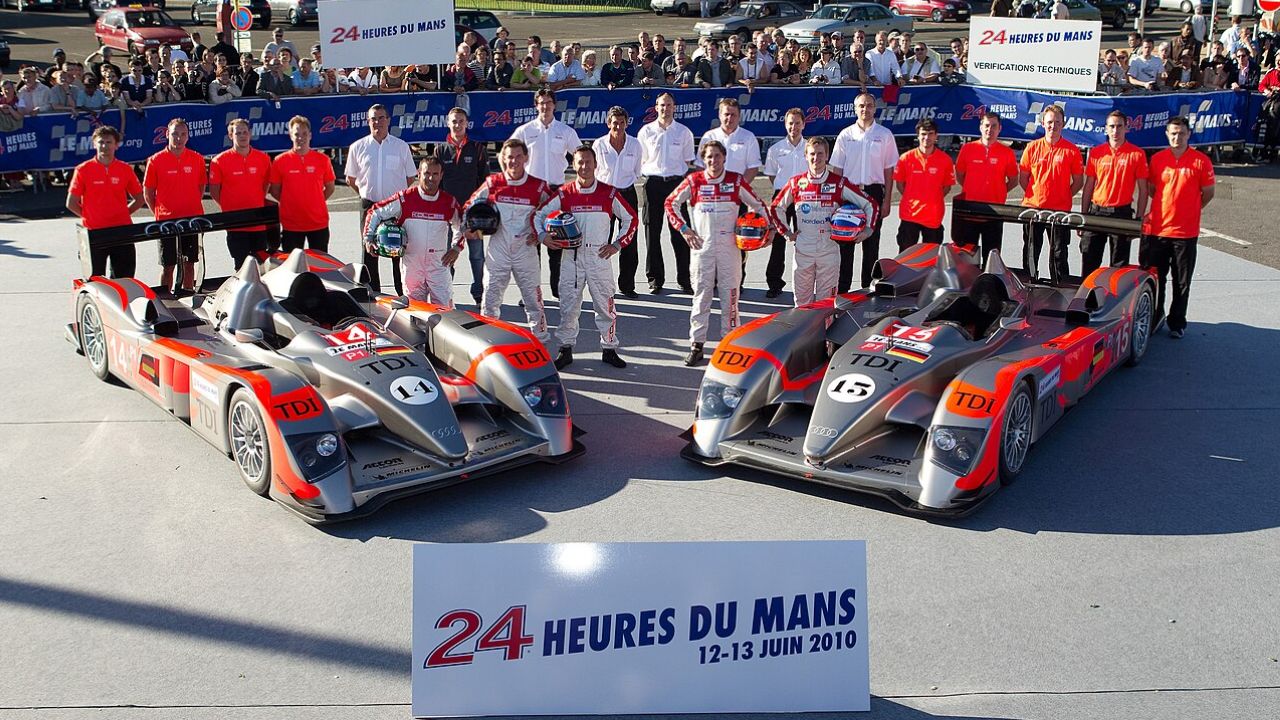
Motorsport sponsorships provide brands with unique experiential marketing opportunities. By hosting events, offering hospitality packages, and creating exclusive experiences, sponsors can engage fans in meaningful ways. For example, brands like Pirelli and Rolex often organize behind-the-scenes tours and VIP experiences for their customers, fostering a deeper connection with the brand. These experiential opportunities not only delight fans but also create memorable interactions that enhance brand loyalty.
Building emotional connections with fans is another critical aspect of motorsport sponsorships. When a brand is associated with a beloved team or driver, it can significantly impact customer loyalty. For instance, Mercedes-Benz’s long-standing partnership with the Mercedes-AMG Petronas Formula One Team has strengthened its brand loyalty among motorsport enthusiasts. Fans often develop a sense of identification with the brand, leading to increased preference and loyalty.
Interactive digital campaigns are a powerful tool for fostering customer engagement. By utilizing social media and online platforms, brands can create interactive campaigns that encourage fan participation. For example, Heineken’s “When You Drive, Never Drink” campaign effectively utilized social media to engage fans and promote responsible behavior. Such campaigns not only drive engagement but also reinforce brand values, further strengthening the bond between the brand and its audience.
Financial Implications and ROI
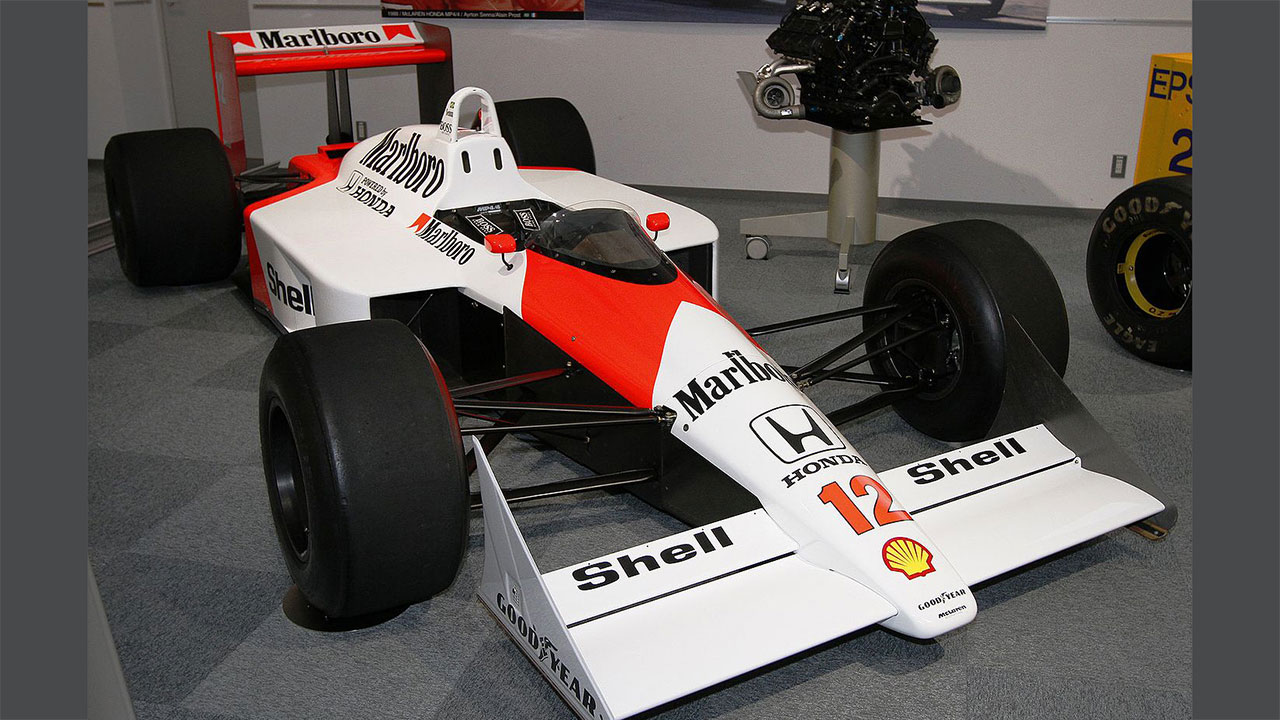
Measuring the effectiveness of motorsport sponsorships is essential for brands to understand their return on investment (ROI). Various tools and metrics, such as media exposure analysis, social media engagement metrics, and sales impact assessments, help brands evaluate their sponsorship outcomes. For instance, brands can track the increase in brand mentions or the growth in social media followers during the racing season to gauge the effectiveness of their sponsorship efforts.
The costs associated with motorsport sponsorships can be significant, but they often offer substantial benefits. While the financial outlay for sponsoring a top-tier team can be high, the brand visibility and sales impact can outweigh these costs. Brands like Shell and Ferrari have demonstrated how sponsorships can lead to increased sales and market share. By aligning with a winning team, these brands have successfully leveraged their sponsorships to drive business growth.
Long-term financial gains are another crucial consideration for brands investing in motorsport sponsorships. Sustained sponsorship can lead to increased market share and revenue growth over time. For example, Red Bull’s involvement in Formula 1 has not only enhanced its brand image but has also contributed to its global market expansion. By consistently aligning with the sport, Red Bull has positioned itself as a leader in the energy drink market, reaping long-term financial benefits.
Market Differentiation and Competitive Advantage
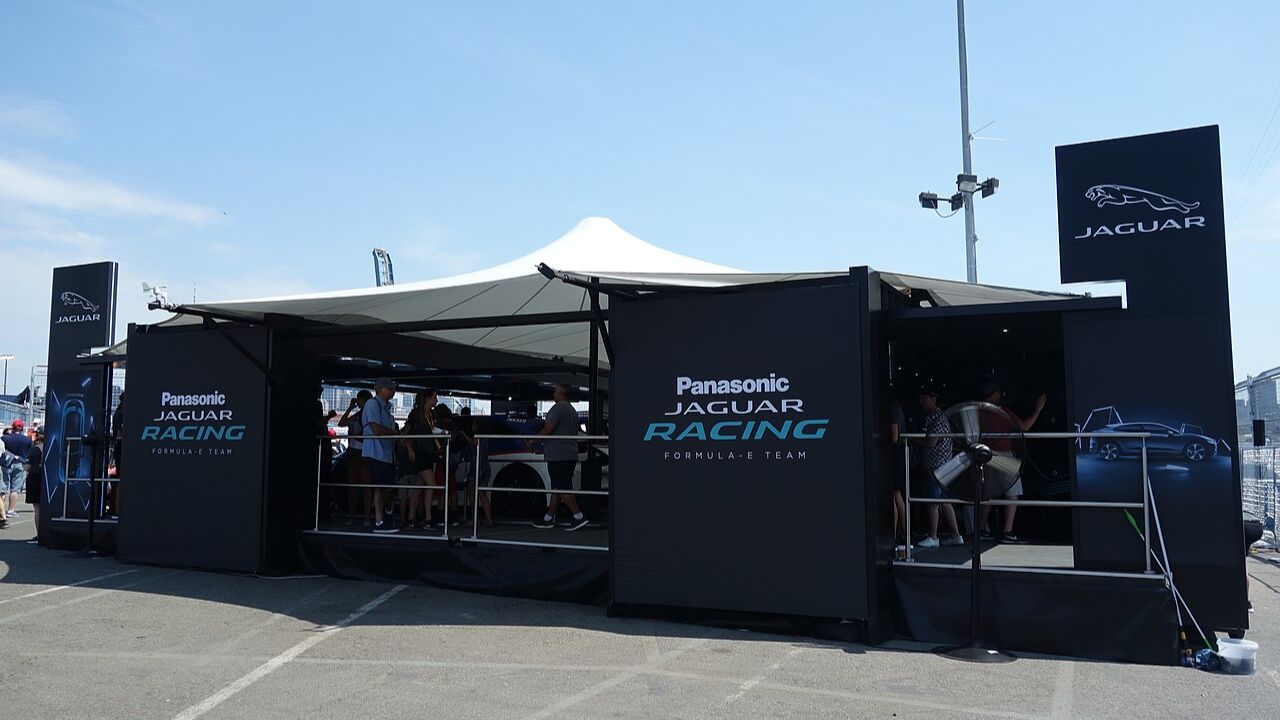
In crowded markets, motorsport sponsorships can provide brands with a distinct competitive advantage. By associating with the high-performance, cutting-edge world of racing, brands can elevate their status and differentiate themselves from competitors. Brands like BMW and Audi have successfully used motorsport sponsorships to highlight their commitment to performance and innovation, setting themselves apart in the automotive industry.
Aligning with innovation and technology is another key benefit of motorsport sponsorships. The association of a brand with cutting-edge automotive advancements can enhance its image as a forward-thinking and innovative company. For example, the partnership between Panasonic and the Jaguar Formula E Team underscores Panasonic’s commitment to sustainable technology and electric mobility, reinforcing its position as a leader in the tech industry.
Strategic partnerships and collaborations within the motorsport industry can further enhance a brand’s competitive positioning. By leveraging alliances with teams, technology providers, and other sponsors, brands can create synergies that amplify their marketing efforts. The collaboration between Microsoft and Renault’s Formula One Team is a prime example of how strategic partnerships can drive innovation and create a competitive edge in the market.
Challenges and Considerations
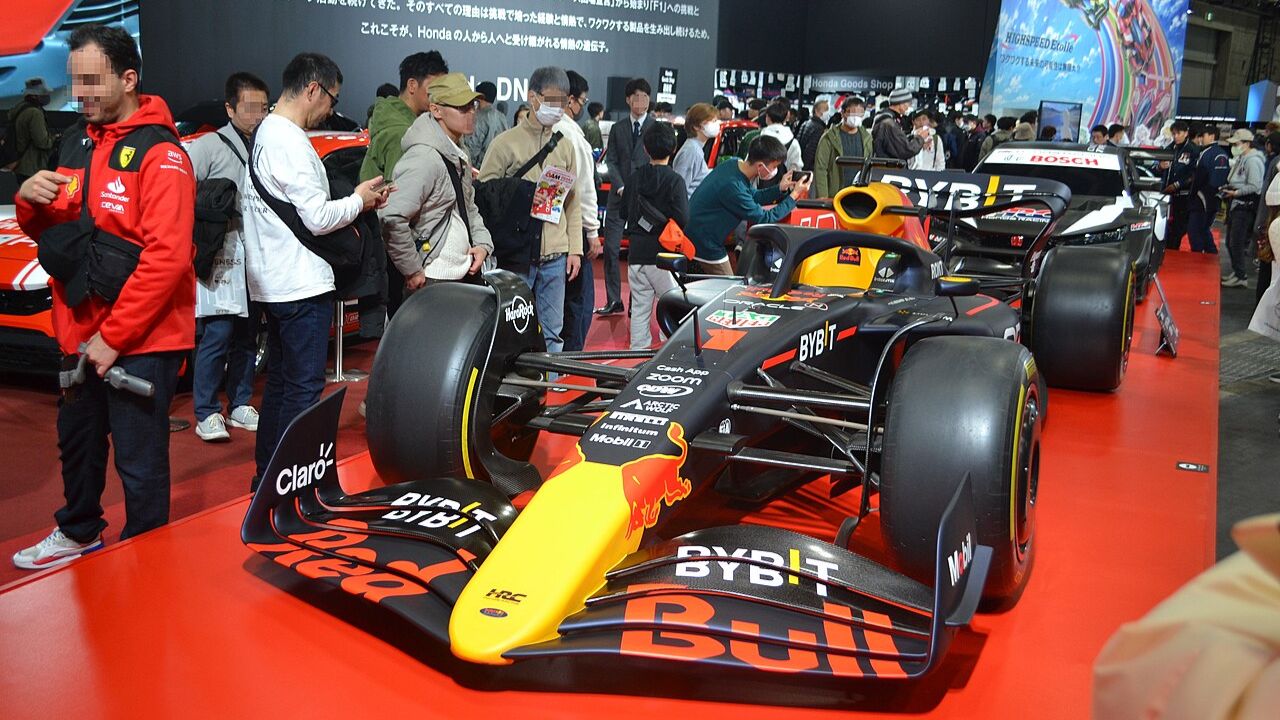
While motorsport sponsorships offer numerous benefits, they also come with challenges that brands must navigate. Risk management and crisis communication are critical considerations, as any controversies or negative publicity associated with a sponsored team or event can impact a brand’s reputation. Brands must be prepared to address such situations swiftly and effectively to mitigate potential damage.
Aligning brand and team values is another important consideration for sponsors. Ensuring that the values and mission of the sponsored team align with the brand’s ethos is crucial for maintaining brand integrity. For instance, a brand committed to sustainability may choose to sponsor a team in the Formula E electric racing series, aligning its sponsorship with its environmental values.
Finally, evolving market dynamics and changing audience demographics require brands to adapt their sponsorship strategies continually. As viewing habits shift towards digital platforms and younger audiences become more prominent, brands must innovate and embrace new technologies to stay relevant. By staying attuned to these changes, brands can maximize the impact of their motorsport sponsorships and continue to engage effectively with their target audience.
Like Fast Lane Only’s content? Be sure to follow us.
Here’s more from us:
*Created with AI assistance and editor review.

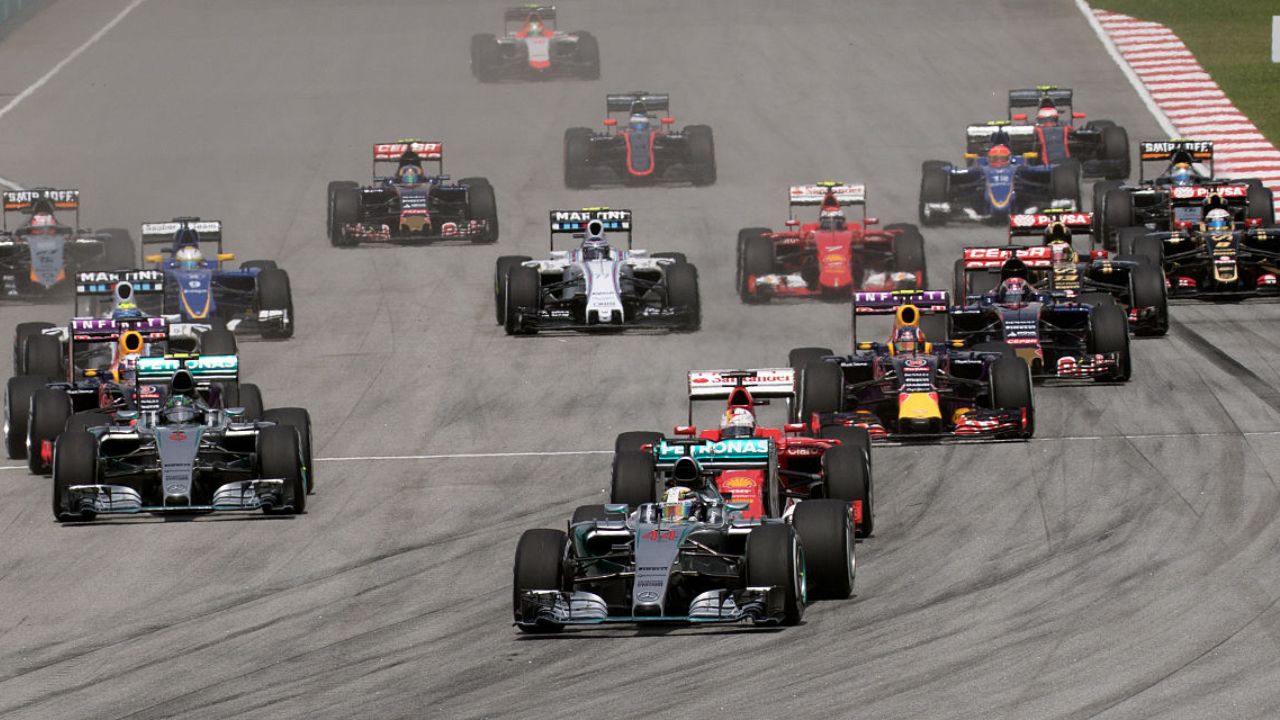

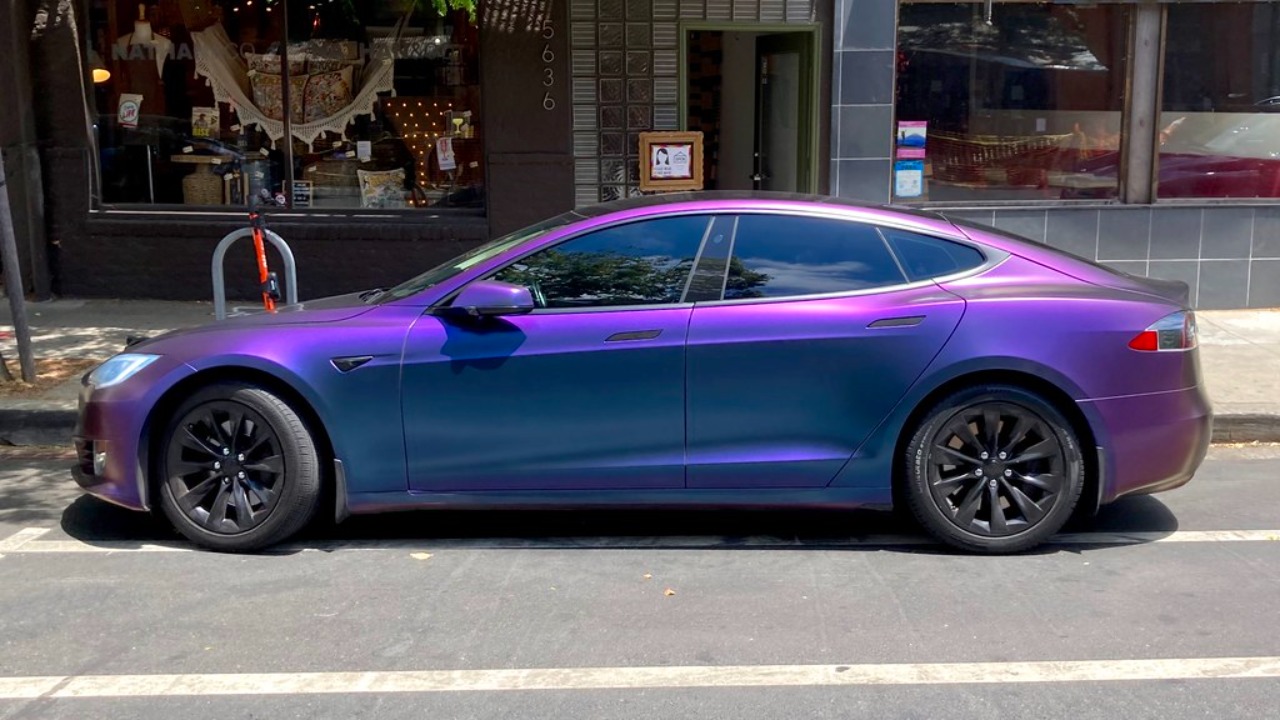


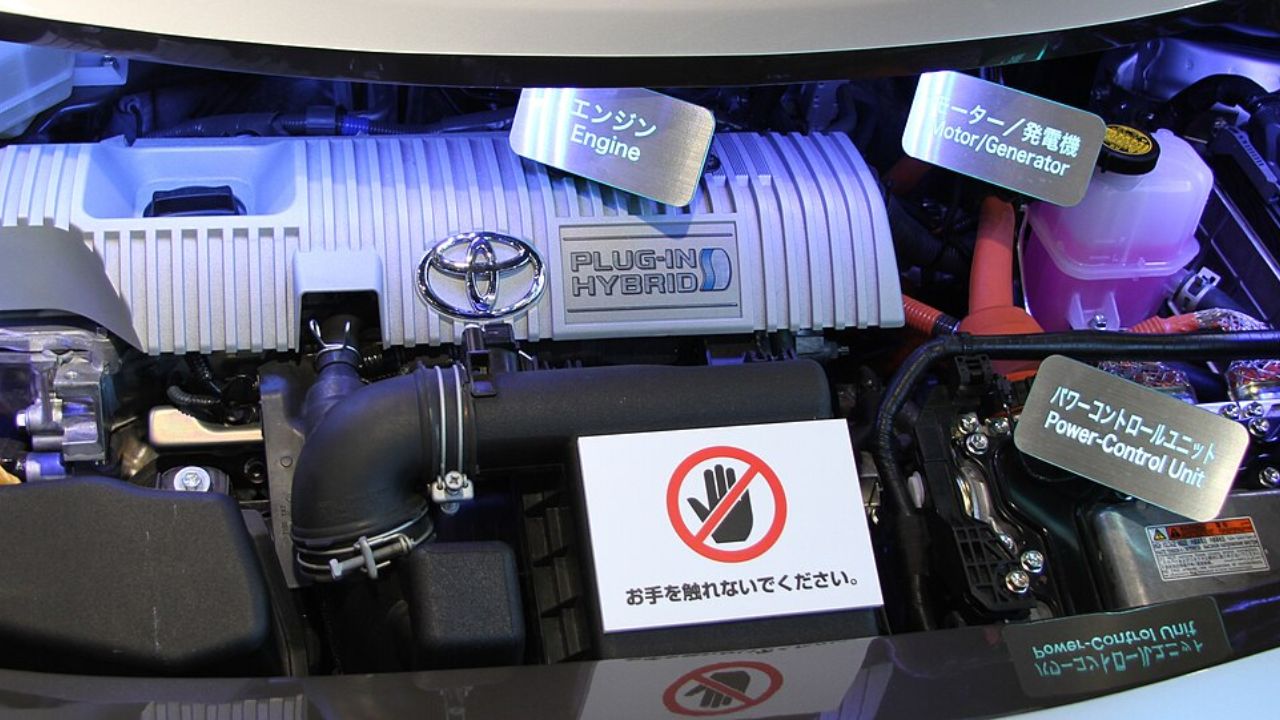
Leave a Reply